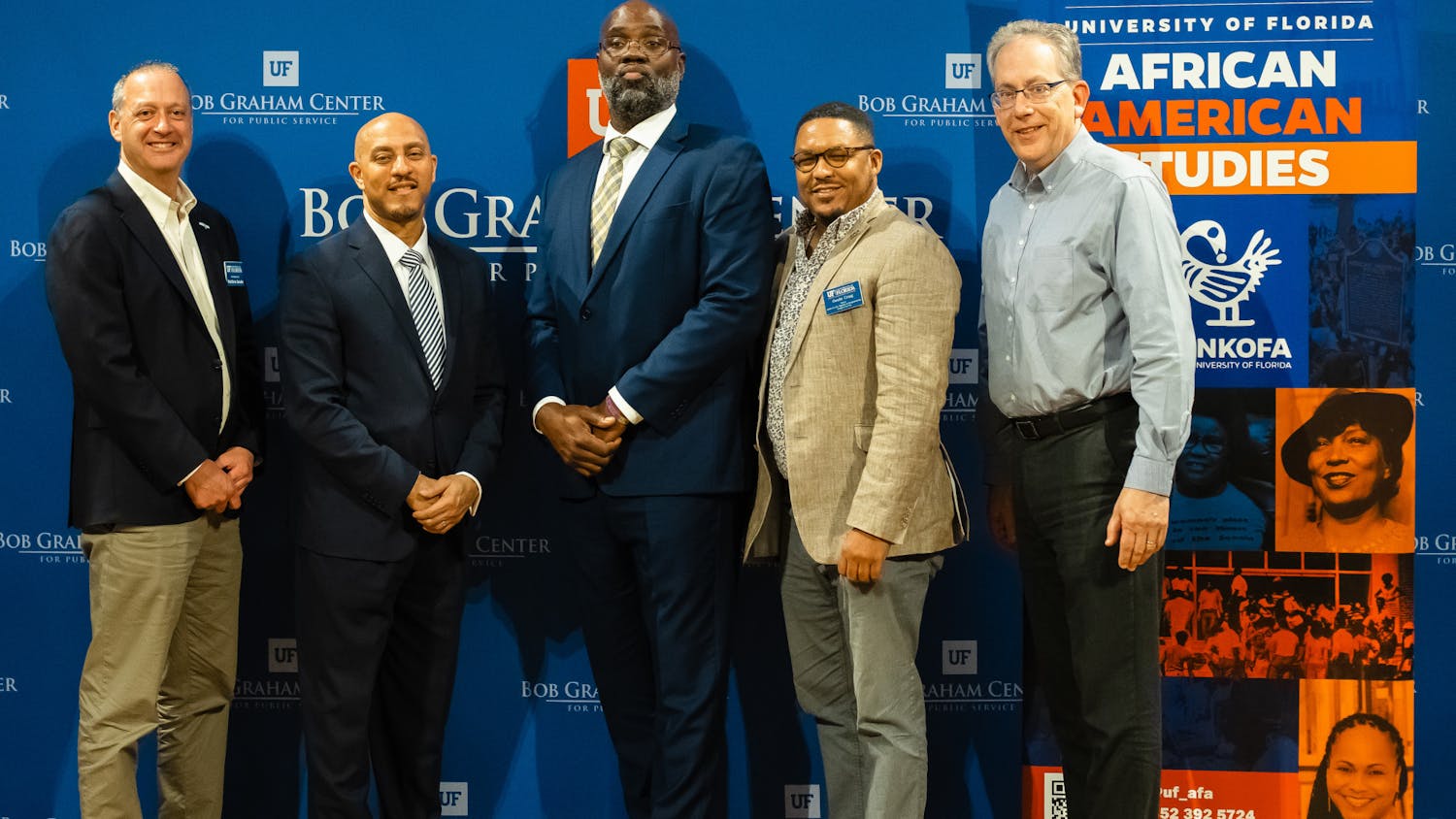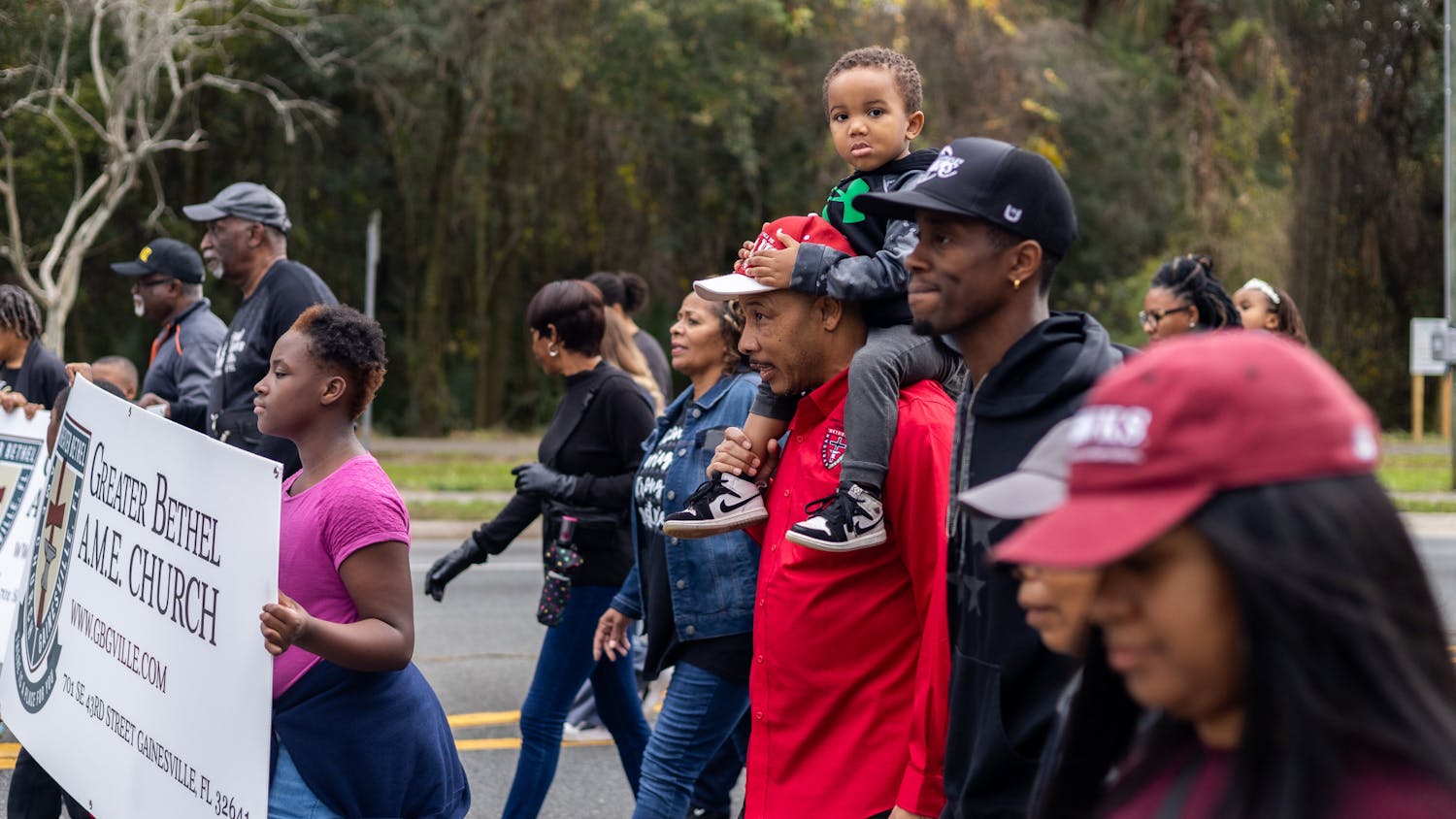Saturday marked the 50th anniversary of the Selma march for equal voting rights on the Edmund Pettus Bridge. To commemorate this monumental event led by Martin Luther King Jr. on March 7, 1965, President Barack Obama and his family, along with members of Congress, made a symbolic walk across the bridge.
After all this time, the bridge is still there. But has the fight been won, or is it sill as pertinent as it was that day half a century ago?
Undoubtedly, the quality of life for black Americans has improved since that infamous “Bloody Sunday.” For one thing, the voting rights that King so fervently, if pacifically, fought for were finally granted that same year in the Voting Rights Act of 1965.
Where there once was segregation of both public and private institutions such as department stores, restaurants, schools and universities, including our very own, today all are granted equal rights to those — by law, that is.
The fact that, despite legislation and humanitarian effort, discrimination still exists is a pill that is hard for many to swallow. It is much easier to believe that everyone is treated equally, and that the struggles that plighted us before are long gone.
But the truth is different.
As humans, we are wired through primitive instinct to make quick judgments of the world around us. Some associations instilled through years of prejudice and poor logic have proved difficult to let go of.
Many say those of us who voice our concerns about the racism and prejudice that is still alive and affecting the lives of many in all walks of life are merely exaggerating, driven by the crowds.
Some believe that these accusations are just the result of altered viewpoints fueled by isolated incidents, but the alarming disparities shown through statistics say otherwise.
Michelle Alexander, a civil rights litigator and scholar, published a book recently titled “The New Jim Crow: Mass Incarceration in the Age of Colorblindness.” In it she details the phenomena concerning the disproportionate number of African-American and other men of color incarcerated in American prisons.
She believes it is a result of a societal repression perpetuated by a second-class status these men have found difficult to escape.
According to Alexander, the government has had a great deal of influence in this, using a so-called war on drugs to accommodate traditional and new forms of discrimination. This was meant to extend, rather than extinguish, a great wrongdoing on a great percentage of our citizens.
In our nation, many are in a state of denial as to what really goes on in the everyday lives of our fellow citizens.
The incidents of recent times are, in fact, proof that there is still a tremendous amount of work to be done for the cause of equality. We like to think violence and death are results of prejudice that is part of a distant past.
In reality, if we do not take stock of our predicament and take action, the future will remain as bleak as ever.
At this point the issue may seem trite and cliche, one we hear about everywhere we go. But I think if it’s still being talked about, clearly the words are falling on deaf ears. Until we see our efforts come to fruition we will be having the same conversation time and again. King and his followers made great strides on that day, but their march is far from over.
Sol Angel Canal is a UF English junior. Her column appears on Mondays.





